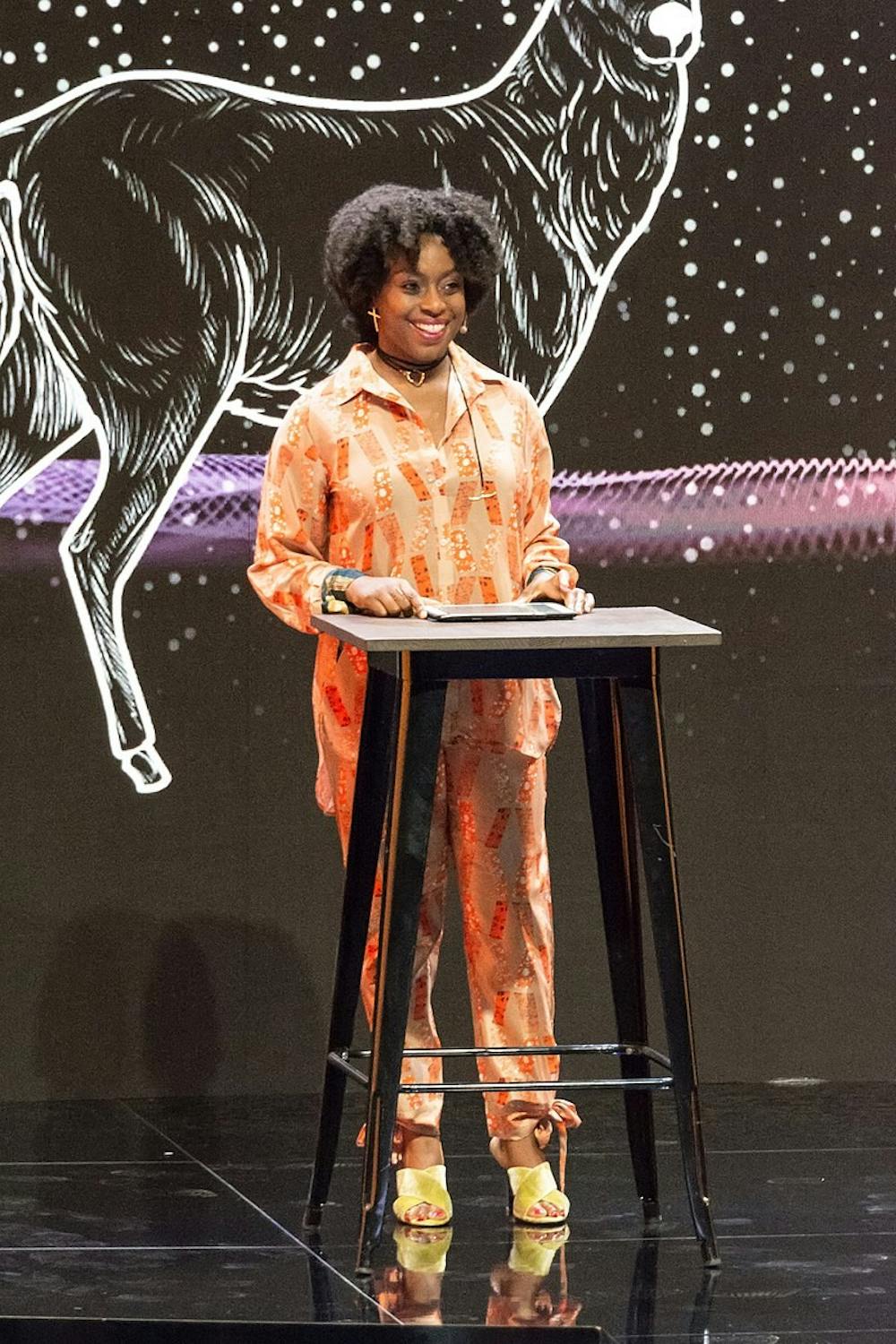In a technology-driven world, the best thing parents can do for their children is to raise them as well-rounded readers.
According to a Pew News research study published in September 2019, titled ‘Who doesn’t read books in America?,’ “Roughly a quarter of U.S. adults (27%) say they haven’t read a book in whole or in part in the past year, whether in print, electronic or audio form.”
The art of reading is one lost in our current society, resulting in a habit of constructing information bubbles that comfort and sustain a single-minded way of living.
Is this the way we want to raise the next generation?
“It (reading) definitely enriches the way you view the world, especially if you read books from lots of different perspectives, because it expands your own worldview,” Taylor student Kay Rideout said. “You're not stuck in what only you think because you've been introduced to the opinions or worldviews of other people.”
Rideout was raised a reader and recognizes how reading, and the ability to read, is truly a privilege that not everyone has access to.
While we as Americans tend to view reading as something merely assigned to us in a classroom, others are not even given the option of picking up a book and skimming the pages. In this context, refusing to read is an abuse of privilege.
Fellow Taylor student Kyla Russell shared, “Although, literacy was certainly a part of my childhood, as I have grown older it’s clear to me that reading was never the main pillar of my youth experience. In observing my fellow classmates, I realize that reading was not deeply instilled in my every day as it was for others. This starts with my parents. Independently, I became a more engaged reader and I look forward to kickstarting that experience for my children.”
Once you’ve recognized the privilege it is to hold a book, the question becomes “what books should I hold?”
Pamela Paul and Maria Russo formulated an in-depth article published in The New York Times titled ‘How to Raise a Reader for parents wondering this very thing, the main advice being to search for books in which your child can see a piece of every part of the world in.
“All children need to encounter books that present the variety of cultural traditions and family structures that coexist in our communities. Exposing children to diversity in books will prepare them for life in a diverse world.” Paul and Russo said.
This works to expand your child’s worldview and prepare them to be able to actively interact with their surroundings. Without multidimensional reading resources, ignorance grows and lingers.
Despite the importance of diverse literature, too often, children are not able to see themselves in classic and popular literature. In a TED Talk from July 2009 spoken by Chimamanda Adichie, she speaks to her upbringing in Nigeria and how the books she had access to as a child affected her thinking.
“Because all I had read were books in which characters were foreign, I had become convinced that books by their very nature had to have foreigners in them and had to be about things with which I could not personally identify.” Adichie said.
Books should exist as an additional learning tool, assisting your child in their own personal coming-of-age. Each page functions as a classroom where thoughts and ideas can be spread.
However, the main experience of reading, according to Paul and Russo, “should be beautiful, fun, curiosity-quenching and inspiring.” There must be a balance between reading to educate and reading for pleasure, and it is when both of these things can be accomplished at once that a child truly has become a well-rounded reader.




